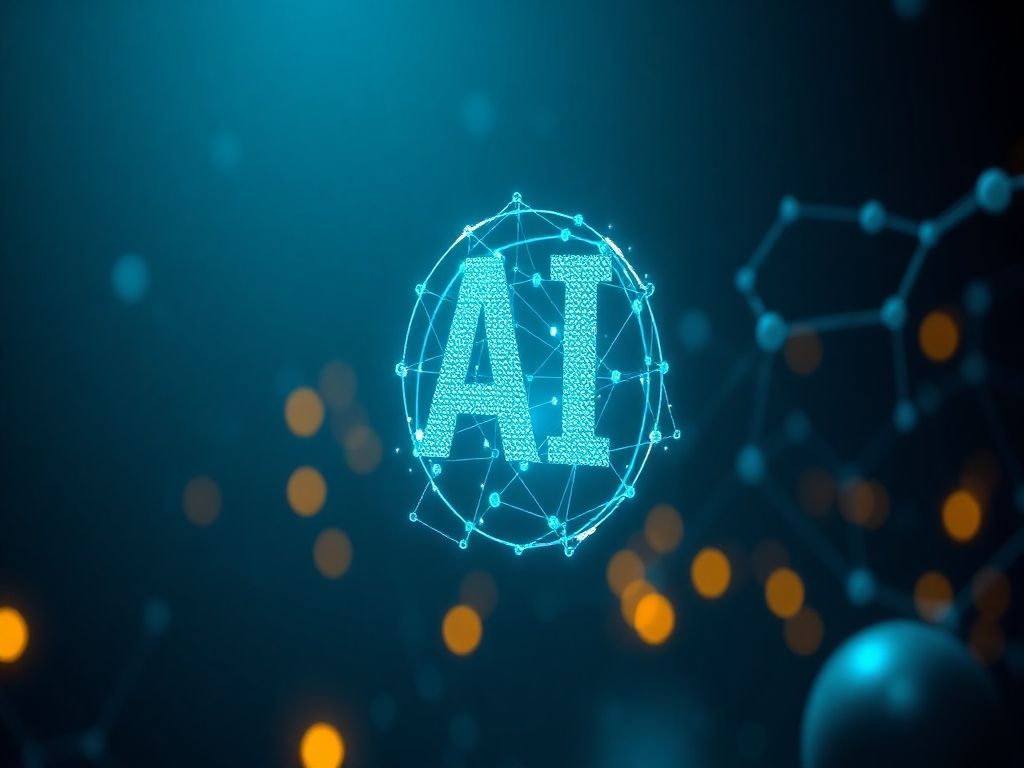Understanding AI Impact: A Comprehensive Glossary
In the ever-evolving landscape of technology, the term AI Impact encapsulates the profound changes brought about by artificial intelligence across various sectors. From enhancing efficiency in software development to revolutionizing customer service, the AI impact is undeniably significant. This article delves into the nuances of AI impact, exploring its importance, implications, and practical applications for professionals in the field of Information Technology, particularly for programmers, web developers, and server administrators.
What is AI Impact?
At its core, AI Impact refers to the effects of artificial intelligence technologies on businesses, industries, and society as a whole. It encompasses the benefits, challenges, and transformative capabilities that AI introduces. The AI impact is characterized by advancements in automation, data analysis, and machine learning, enabling organizations to operate more efficiently and make data-driven decisions.
The Importance of AI Impact in Today’s Technology Landscape
As AI continues to advance, understanding its impact becomes crucial for professionals in technology. The significance of AI impact can be observed through various lenses:
- Efficiency Improvement: AI automates repetitive tasks, allowing developers to focus on more complex problems.
- Data-Driven Insights: AI analyzes vast amounts of data, uncovering patterns that inform strategic decisions.
- Enhanced User Experience: AI powers personalized experiences, improving customer satisfaction and engagement.
Key Aspects of AI Impact
1. Automation and Efficiency
Automation is one of the most significant aspects of AI impact. By automating routine tasks, organizations can reallocate resources to higher-value projects. For example, consider a web development team utilizing AI-powered tools to automate testing processes. This not only reduces human error but also accelerates the development cycle.
2. Decision-Making Enhancement
AI tools analyze complex datasets to provide actionable insights that aid decision-making. For instance, a server administrator can use AI analytics to monitor network performance, identifying potential issues before they escalate. This proactive approach minimizes downtime and enhances overall system reliability.
3. Personalization and User Engagement
In web development, AI impact is evident in creating personalized user experiences. By leveraging machine learning algorithms, developers can tailor content based on user behavior, preferences, and demographics. A practical example is an e-commerce site utilizing AI to recommend products based on past purchases, significantly increasing conversion rates.
4. Ethical Considerations and Challenges
While the AI impact is largely positive, it also brings forth ethical considerations. Issues such as data privacy, algorithmic bias, and job displacement must be addressed. For instance, as AI systems are integrated into recruitment processes, ensuring fairness and transparency becomes imperative to avoid perpetuating biases.
Real-World Applications of AI Impact
Understanding the practical applications of AI impact can help professionals leverage its potential effectively. Here are some scenarios:
- Automated Customer Support: AI chatbots provide 24/7 support, handling routine inquiries and freeing human agents for complex issues.
- Predictive Maintenance: In server management, AI can predict hardware failures by analyzing historical performance data, allowing timely interventions.
- Smart Code Review: AI tools assist developers in reviewing code, suggesting improvements, and identifying vulnerabilities before deployment.
How to Utilize AI Impact in Your Daily Work
To effectively harness the AI impact in your daily work as a programmer or web developer, consider the following steps:
- Stay Informed: Regularly update your knowledge on AI advancements and tools relevant to your field.
- Experiment with AI Tools: Integrate AI-powered solutions in your projects, such as using automated testing frameworks or AI-driven analytics.
- Collaborate with AI Experts: Work alongside data scientists or AI specialists to understand how to best implement AI in your workflows.
Related Concepts in the Realm of AI Impact
Understanding AI impact also involves recognizing its connection to other relevant terms:
- Machine Learning: A subset of AI focused on the development of algorithms that enable computers to learn from and make predictions based on data.
- Data Science: The field that combines statistics, data analysis, and machine learning to extract insights from data.
- Robotics: The branch of technology that deals with the design, construction, and operation of robots, often enhanced by AI.
Conclusion: Reflecting on the AI Impact
As we navigate through the complexities of technology, understanding the AI Impact is essential for professionals aiming to leverage its potential. By embracing AI, you can enhance efficiency, improve decision-making, and create personalized experiences. Reflect on how you can incorporate AI tools into your daily workflows to stay ahead in the rapidly evolving tech landscape.









